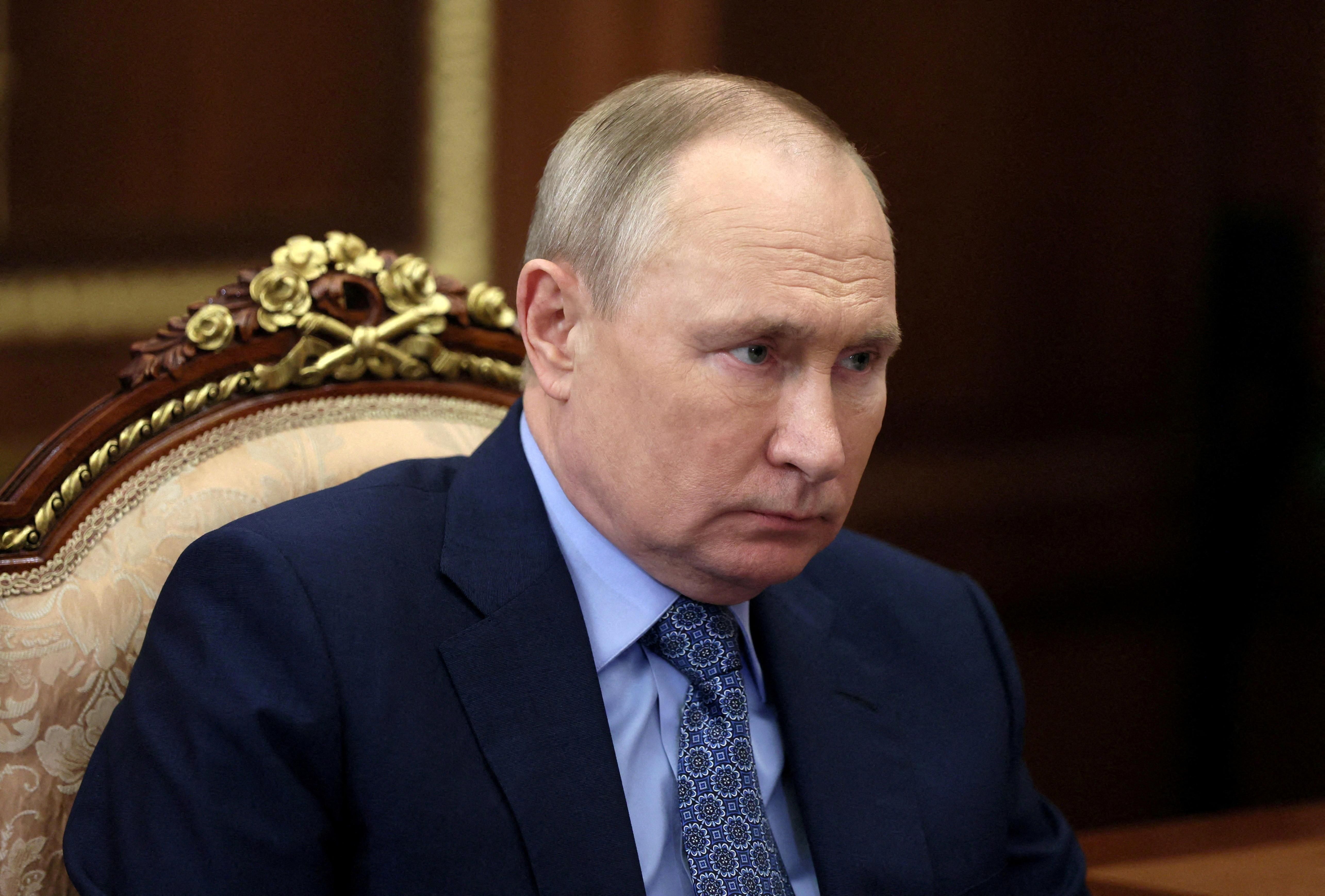Who will win Russia’s war in Ukraine? What might a peace deal look like? The sad truth is that true victory may elude both sides, and there is no foreseeable basis for a lasting peace agreement.
The likeliest outcome in Ukraine is “an unstable, violent stalemate,” according to political risk consultancy Eurasia Group, one that creates future risks for Ukraine, Russia, and the world.
Here’s why ...
First, Ukraine’s leaders aren’t ready to compromise because they think they can deny Russia a military victory. Russia’s failure (so far) to seize control of Kyiv and other major Ukrainian cities boosts their confidence, and Russia’s stated shift in strategy to grab and hold more territory in Ukraine’s east and south looks like a Russian retreat. Ukraine’s most battle-tested troops are already fighting in those areas, and more useful weapons are arriving from backers beyond their borders.
Russia isn’t ready to compromise either. NATO Secretary-General Jens Stoltenberg said this week that the alliance expects “a further Russian push in eastern and southern Ukraine to try to take the entire Donbas and to create a land bridge to occupied Crimea.” Russia’s leaders still expect to “liberate” this territory so President Vladimir Putin can say he’s halted the (fictional) genocide he claims Ukrainian soldiers have committed against Russian-speaking civilians in the Donbas since 2014. This is a priority goal: having backed off Kyiv, Ukraine’s capital, Russia must win something that looks like a victory if Putin and the Russian army are to avoid a historic humiliation.
Second, even if the two sides continue to talk about peace, there isn’t enough common ground for a deal that anyone can expect to last. Ukraine’s President Volodymyr Zelensky won’t offer major concessions without a security guarantee for his country, even if that guarantee doesn’t include NATO membership. For its part, Russia has no reason to accept a future that includes Ukraine, now Russia’s sworn enemy, having guaranteed protection from other countries. And those countries have little reason to write a long-term blank check to back Ukraine unconditionally in a war that could erupt again at any time.
The implications
The near-term outcome of the fighting in Ukraine remains uncertain. Neither side has a clear advantage, even as Russia appears to shift toward less ambitious goals. But unless Russia can destroy Ukraine’s army or Ukraine can drive Russian forces out completely – both unlikely outcomes – the fighting will freeze as an unstable military stalemate takes hold.
Without a peace agreement that can last, Ukraine (and outsiders) know that Putin could launch another war at any time. That would leave foreign investors reluctant to finance the reconstruction of a Ukraine that Russia might ravage again, the US unwilling to lift sanctions on Russia, and European governments doubly determined to relieve their dangerous dependence on Russian energy supplies ahead of a future conflict. Russia’s economy will slowly sink, and its most talented people will head for the lifeboats.
There are two wildcards to consider, one near term and one longer term. According to Eurasia Group, Russia will probably succeed in taking the Donbas, but it’s a “close call.” If, on the other hand, Ukrainian fighters can deny Russians control of the region central to Putin’s original justification for the invasion, there is a “significant risk that [Russia] could use chemical weapons” to reverse its military fortunes, according to its research. Such a decision is a gamble, but Putin has already rolled the dice in Ukraine, and risking a humiliating defeat could prove a serious threat to Putin himself.
Longer term, even if the conflict in Ukraine remains frozen, Putin’s inability to bring Ukraine fully under his control may encourage him to use other sorts of weapons against Americans and Europeans. Cyberspace is an arena in which Russia and the West are already in open conflict. President Joe Biden warned on March 21 that cyberattacks are “part of Russia’s playbook” and “the Russian Government is exploring options for potential cyberattacks.”
That’s why an unresolved conflict in Ukraine creates risks that extend far beyond Ukraine’s borders.
Willis Sparks is a senior Global Macro political risk analyst at Eurasia Group. GZERO Media is a subsidiary of Eurasia Group.
